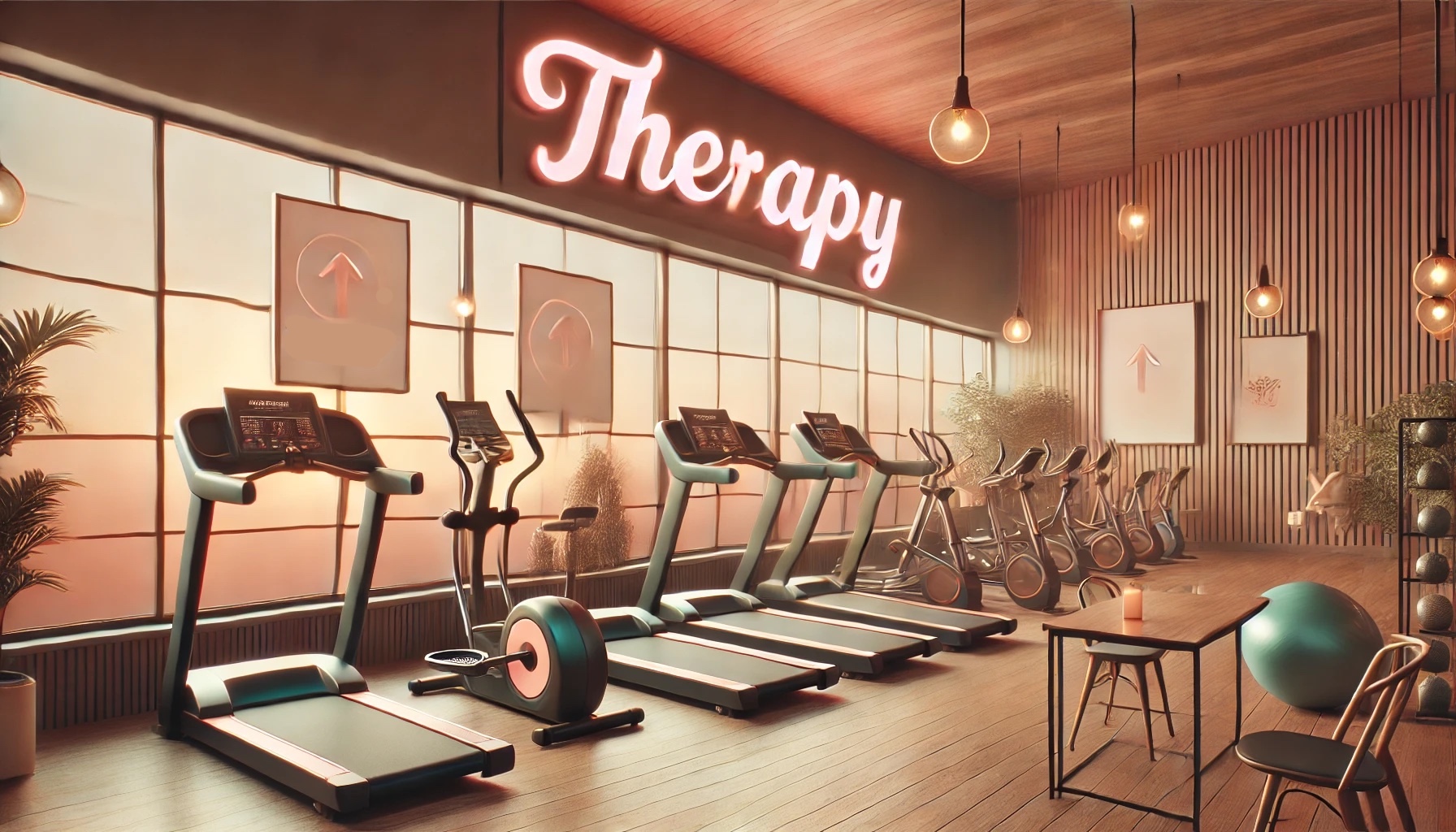By Florence //
“How does your therapist make you feel better?” a good friend, curious about the therapy process, asked me.
It was at that moment that I realised that a lot of people have a misconception that psychotherapy is like going to a spa where the therapist creates an environment and provides services that make one feel relaxed and pampered. When I first sought help from a clinical psychologist for a bout of depression in 2015, I did not know what to expect. In fact, I only did so very reluctantly because I wanted my older sister to stop nagging at me to seek help. After a month of therapy, I realised that the weekly appointments were really helpful for me to cope with the low mood and anxiety I faced then. They gave me a structure to work through my psychological challenges, as I moved forward to rebuild my life after being diagnosed with a mental health condition. I was lucky to have the access to psychotherapy early in my journey of recovery. I am still a regular beneficiary of therapy.
I suppose there are some truths in my friend’s assumptions about therapy. I have been in and out of therapy with public and private health providers, in Singapore and Switzerland. The setup at the clinics is usually quite discreet, quiet and comfortable. Some private providers with a budget even use essential oil diffusers (free aromatherapy?) and provide a range of hot beverages for clients. Public providers often at least provide a water dispenser and air conditioning.
At the beginning, the therapist, either a psychologist or a counsellor*, spends time getting to know the client, trying to put the client at ease. Even though psychotherapy is like spa therapy in these initial goals of putting clients at ease, things change as the sessions progress.
Therapy work was not a walk in the park for me. In the space with relative physical comfort, the therapist attempts to hold a safe psychological space for the client to talk about their thoughts and feelings on matters that are important to them and probably have caused them some form of distress.
Yes, you might have noticed that therapy rooms, high or low budget, are usually well-stocked with tissue paper.
After some form of therapeutic alliance had been established, the therapist may even gently confront the client with discrepancies that they observed. I don’t know about you, but I don’t like to be called out by people. But with someone I trusted to know me well enough and had my interest in mind, I was willing to consider their observations of my inconsistencies. In 2019, I decided to take a leap of faith to pursue a masters in counselling at a local community college in Singapore, while also working as a mental health researcher. I started out wanting to help myself, but four years of training later, I realised that I had acquired the skills and capacity to help others. Over a year from 2022 to 2023, I moved from working as a mental health researcher in a public hospital to practice as a counsellor in a local social service agency.
Having been on both sides of the therapy process, as a client and a counsellor, I’ve noticed that the therapist-client relationship is unique.
The therapist is not a friend nor a family member—to have this relationship would be a breach of ethics. However, a therapist may be privy to the clients’ inner world in ways that even their closest friends and family members cannot reach.
Recently, a client with whom I had been working with for close to two years, since my counselling practicum days, told me that I was closer to her than her BFF. It really made my day to know that my efforts to hold that safe psychological space for her made her feel seen and heard in a way that other people in her life could not provide. I had only spent about 20 clinical hours in total with her, and yet the intentionality and psychological safety that counselling accorded made such a difference to the depth of our conversations.
If you are making a decision whether to seek psychotherapy, it’s good for you to know that therapy is more like going to the gym than a spa. In the space between you and your therapist, there will be resistance, endurance and cardio training. You may feel mentally and emotionally tired and achy after the session, but in the long run, having your thoughts and emotions processed goes a long way to personal growth and to better mental health. You may even find the motivation and energy to hit the actual gym.
Notes
* For more information about the differences between psychiatrists, psychologists and counsellors, this podcast is a useful, context-relevant resource: https://www.straitstimes.com/singapore/health/let-s-talk-about-mental-health
Florence works as a full-time counsellor at a local social service agency, serving families facing challenges due to the transitions brought on by divorce. She believes that she can change the negative discourse around mental health struggles by sharing one non-fiction story at a time.
Read more of our Tapestry Stories here.
Image generated using DALL·E by OpenAI.

